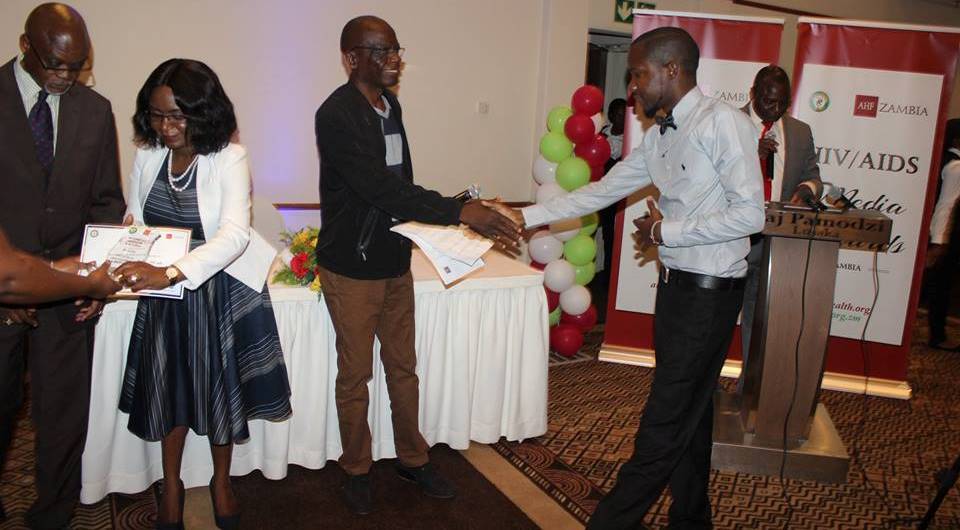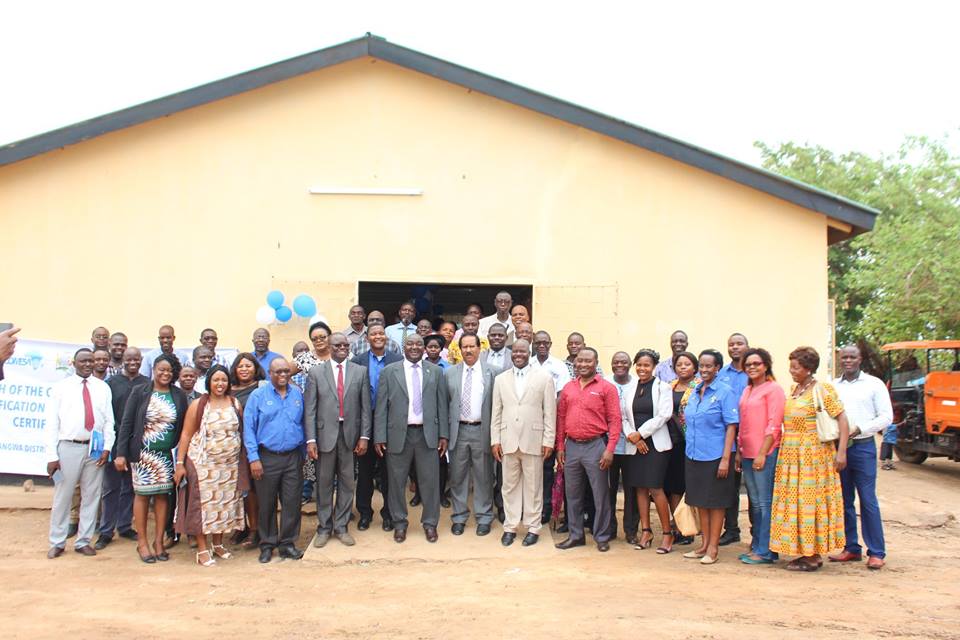JCTR – Zambia Deputy Executive Director Father Alex Muyebe Press Release Wednesday 8th April, 2020 ‘Upholding Social Justice at the Workplace in the Wake of COVID-19’
Notice: Undefined index: catFilterList in /home/zambi/public_html/wp-content/plugins/wp-likes/api.php on line 243

Journalist Arthur Davies Sikopo brags Of AIDS Healthcare Foundation with Enoch Ngoma
Press Release 8th April, 2020
Upholding Social Justice at the Workplace in the Wake of COVID-19
On 31st December 2019, Chinese authorities alerted the World Health Organisation (WHO) of an outbreak of a novel strain of coronavirus causing severe illness and even death in some cases. The WHO subsequently named this as COVID-19. As of April 5th, 2020, over 1.2 million COVID-19 cases with over 60,000 deaths were recorded globally. Zambia has so far recorded 39 cases, 7 recoveries and 1 death as of 8th April 2020. Various measures have been promoted at both local and global level in order to contain the disease whose effects span social, economic, political and technological facets. Predominantly, on the socio-economic frontline the wake of COVID-19, economic activities have slowed down globally with various negative implications. Particularly, with regards to employment, in some circles, jobs have been lost while in others, salaries have drastically been cut.
Zambia has not remained unscathed with regards to employment in both the formal and informal sectors. It is critical to note, that while some of the measures institutedhold promise to help contain the disease, they are not without consequences particularly with respect to employment. The hospitality/entertainment industry is only but one example of what may be happening in various sectors of the economy. For instance, due to domestic and international travel restrictions coupled with a ban on public gatherings, the hospitality industry has witnessed a reduction in its client base. A case in point, management at one named lodge in Livingstone, citing cancellation of bookings due to travel restrictions informed employees that the lodge would only be able to pay 40% of the salaries beginning April 2020 ultimately implying a 60% salary cut.
Another measure instituted by Government was the closure of all bars, casinos, gyms, cinemas among others. Restaurants on the other hand, were directed to operate on a delivery only basis or not operate at all leading to some completely closing down. It is worthwhile to note that each of these facilities, employs a number of people. Some investigation into the welfare of employees in these places is therefore informative. The JCTR questions whether these employees were given some relief as they were sent home. Further, how will they meet their basic needs if in view of their employers’ loss of income, their salaries/wages were drastically cut or suspended?
Another area of interest is the household sector where a number of households have made the decision to send their domestic workers on annual leave as a COVID-19 preventative measure in support of the “stay at home” campaign. The JCTR is however concerned that while the “stay at home” campaign may be well meaning, there is need to consider the welfare of the workers in the operationalisation of this campaign. Further, while it is true that employers are experiencing significant financial challenges in view of COVID-19, it does not negate the need to consider any adopted measures through the lens of social justice. In the urban areas especially, incomes are tied to basic needs. As such, any existing or foreseen loss or reduction in income must be cushioned in order not to further compromise the people’s living conditions.
The JCTR understands that full compensation may not be possible for all. We are however also cognizant that one need not be blind to the economic challenges of our time. For the last three months, the BNNB for a family of 5 was estimated at over K7,000 in order to simply meet the bare minimum.

Common Market for Eastern and Southern Africa (COMESA) group Fiera Luangwa
The unfortunate reality of our country is that even with full incomes, a larger segment of the population is unable to meet their basic needs. In the event of these incomes reducing or being suspended, living conditions may deteriorate further.
The JCTR therefore appeals to all employers to find ways of cushioning their employees in this difficult time. This could be done in monetary or in-kind form. In a difficult time, such as this, the need to protect the poor and vulnerable in our society becomes more urgent. The JCTR makes a clarion call to all employers whether at household or corporate level to support their workers in every way possible. This will ensure that the financial challenges we are all facing due to COVID-19 do not in any way undermine the dignity of the human person.

A tailor at Chilenje Market
Note: Attribute statement to JCTR Deputy Director, Father Alex Muyebe
For further clarifications contact the Social and Economic Development (SED) Programme of the Jesuit Centre for Theological Reflection (JCTR) on 0955295881 and 0954755319. Email: jctr.sed@gmail.com and jctr.info@gmail.com. Martin Mwamba Road, Plot 3813 Martin Mwamba Road, Olympia Park – Lusaka. P. O. Box 37774 Lusaka – Zambia

JCTR Director Father Mumba























